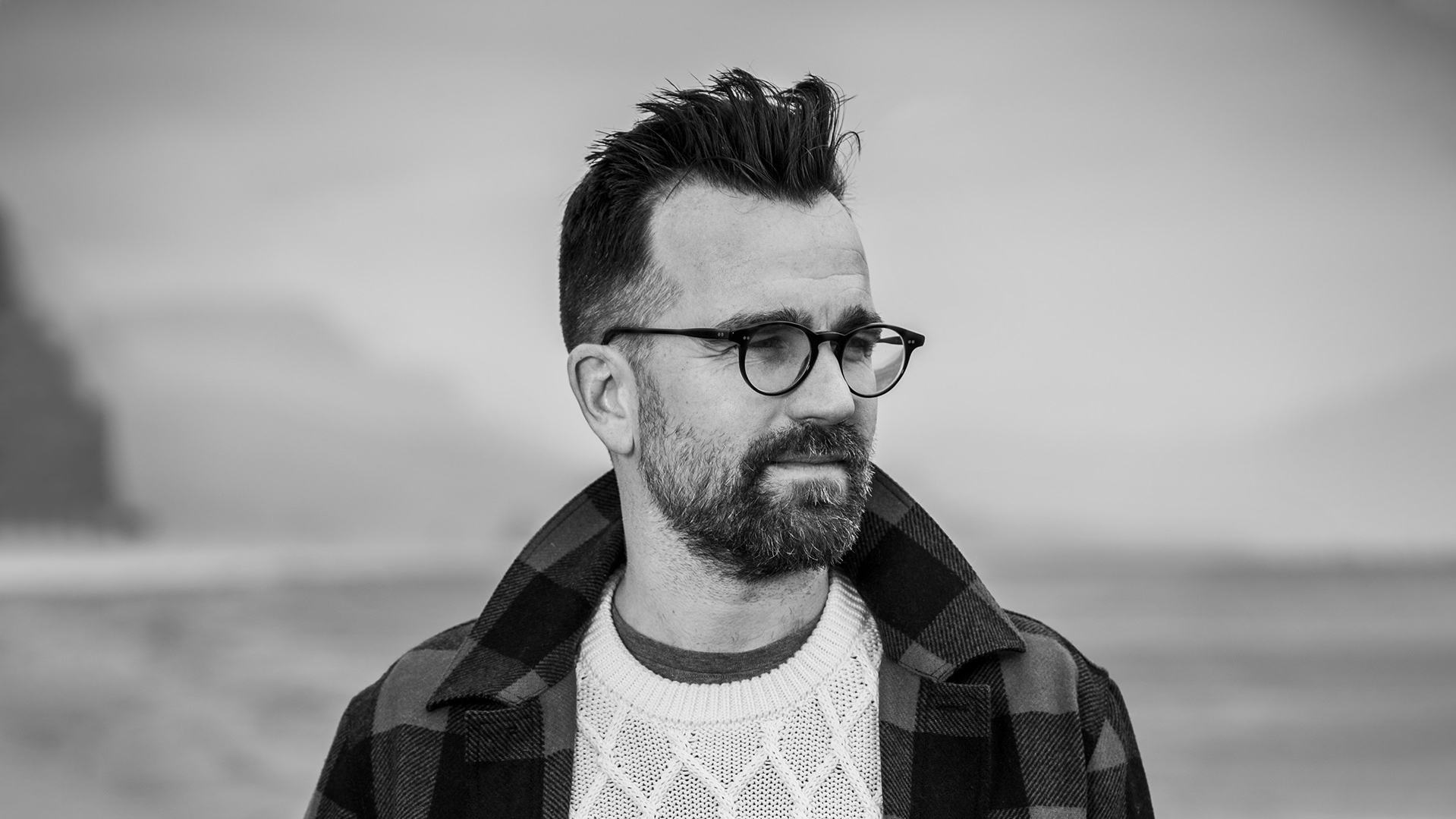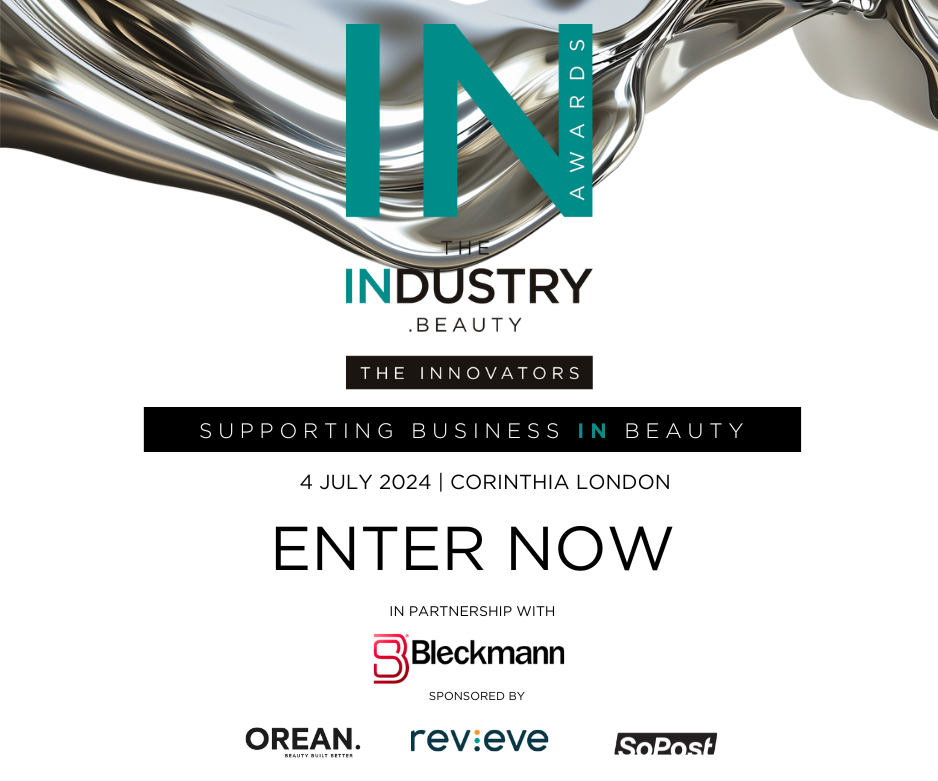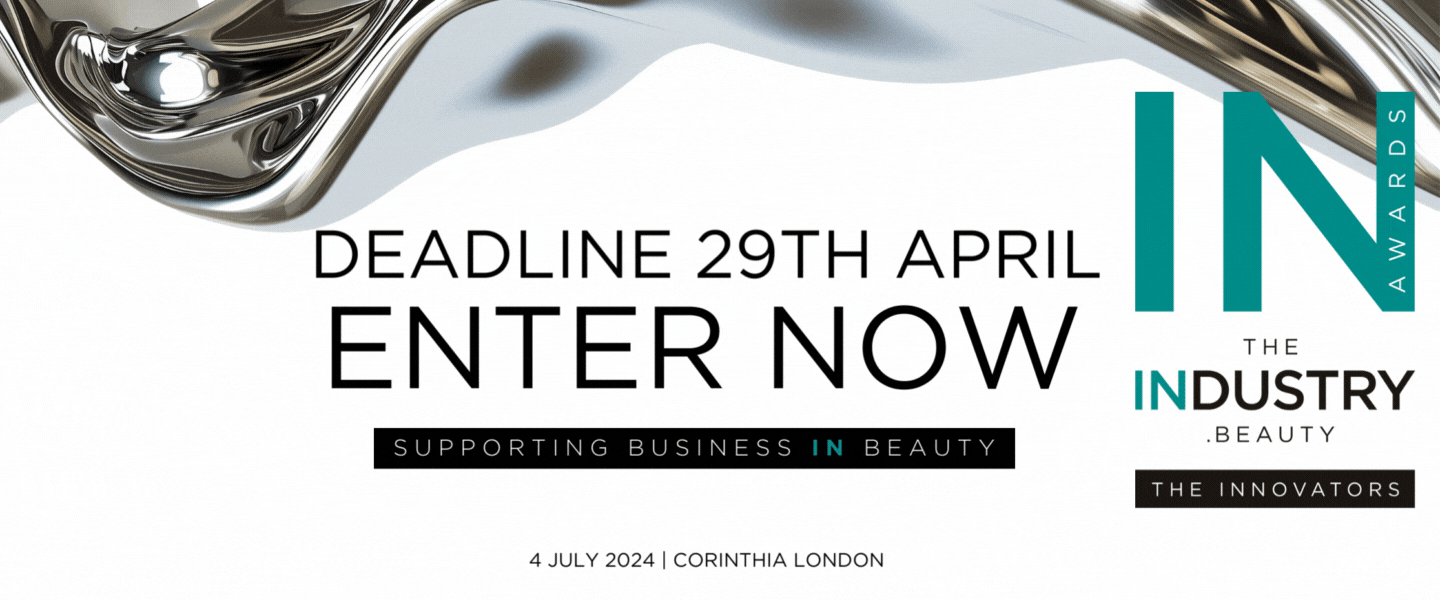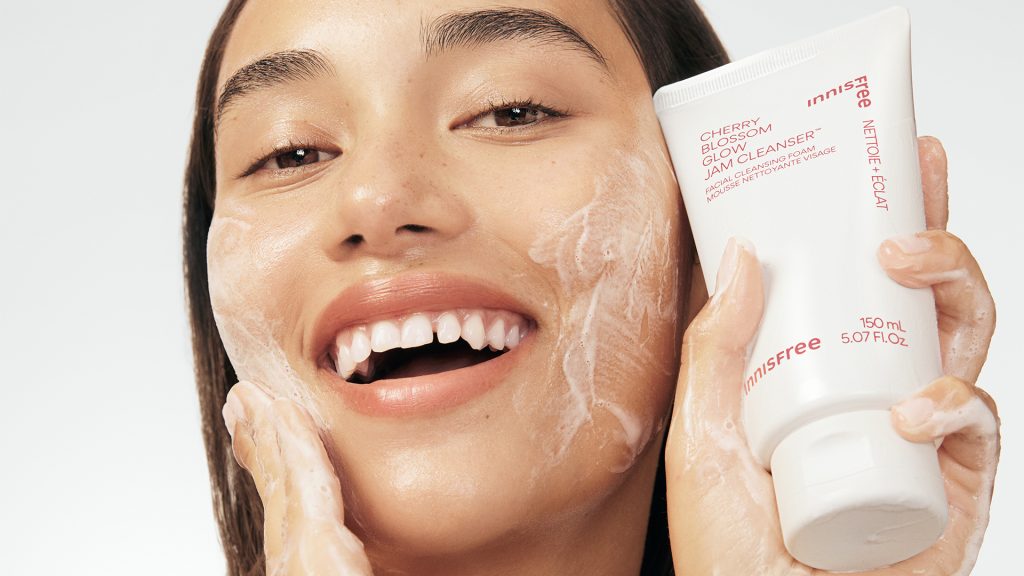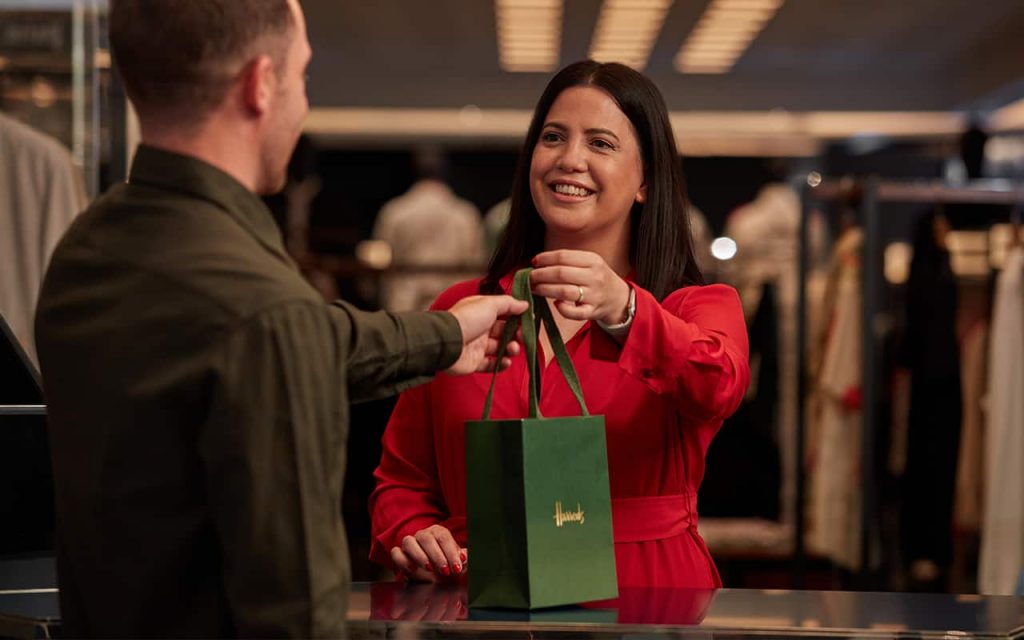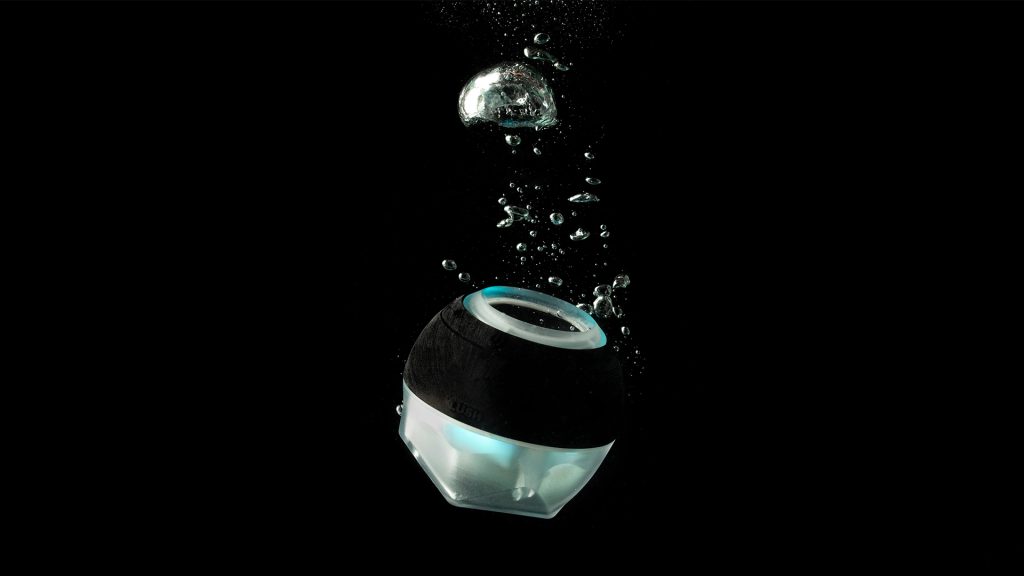The Interview: Dan Rookwood, Co-Founder, Alott
Founded as a lockdown venture that turned out to be much more, Alotts Co-Founders share an ambition to create haircare products that are both better for the planet and create new relationships.
Rooted in the British barbershop culture, the company took its name from the commonly used phrase "a little off the top" (Alott) and made encouraging conversations about mental health a part of its ethos.
Refreshingly contemporary, Alott’s best-selling everyday shampoo is packaged in re-fillable aluminium bottles that are intentionally colour neutral - the entire range is gender inclusive and proudly so. The products ingredients feature only naturally-derived, organic and vegan components and no preservatives.
The company was Co-Founded by a tight-knit family unit that encompasses Ross Parlane, the founder of Manchester-based barber shops RPB, his sister Sam Rookwood and her husband Dan, whose writing on grooming products appeared in Mr. Porter and Men’s Health.
In our interview with Co-Founder Dan Rookwood we find out more about what drives the team, the challenges they have faced and what they want to achieve in the future.
Can you tell me in a nutshell what Alott is all about?
Well, it's about doing haircare a little bit better. Ross and I have spent a lot of time in the industry and we know what goes into haircare products. Together with Sam we thought that we could do it without chemicals and in a more responsible way, and create a purpose-led brand with a strong ethos. You know everyone needs shampoo. The world doesn't need more shampoo necessarily, but if there's an opportunity to do the products in a better way and have people feel better about using it, because they like what the company stands for, then we felt like there was room for us to come into the market.

I believe Alott started with some notes on a napkin. Can you tell us how you began the business?
At the time Sam and I were living in New York, in Brooklyn, and Ross came over to visit. And we went out for dinner one night and I think he was in the first year of his business. He was saying business is going really well, but I'd love to do my own products - that's my dream. And at the time I was working for Mr. Porter looking after grooming products and Sam was client services director of a creative marketing agency. And he was like it'd be great to do it together. And we did truly sketch it out on the back of a napkin. But then I guess we just didn't have the time or the opportunity at that point to action it so the napkin went in my desk drawer. But I’ve still got it.
You've mentioned Ross, and you've mentioned Sam, your wife. And so, this is truly a family run business, you're all Co-Founders. What is it like working with your family so intimately on a day-to-day basis?
I think it was definitely interesting trying to do it over a different time zone, that was a little challenging at times. But in terms of kind of working together it's been really good, and I think the reason being that we all have different skill sets. Nobody's stepping on each other's toes at all. I would say that the day-to-day running of the business is Sam’s domain. I mean it wouldn't be happening were it not for her, she's the sort of the powerhouse and the driving force. Ross is more the face of the business, but also, he knows what products work because he uses them every day. He's been very much the point person in terms of product development, saying this isn’t quite right, can we add more of this, can we do less of that.
My job has been more the brand positioning, the ethos, the partners that we have, the storytelling behind the brand, and the look and feel of it. And I mean for a lot of people working with their partner would not have been the best idea but Sam and I have been together now for gosh, what is it now, since 2003? So, it's a long time. And it’s been really good so far.
Can you reflect on your journey so far? What have been some of your biggest obstacles?
I think the hardest thing now is staying steadfastly true to our principles and ethos, just not cutting corners. For example, we're trying not to use any plastic and it's been really hard to find a pump that isn't plastic and that works. And we're still looking for that. So as much as we'd love to be able to say “zero plastic” we can't right now, but we're not giving up. Another challenge has been making our products all natural, organic and vegan. The product that has been in development the longest has been the hair clay and our hair wax. The reason being it's very hard to do either of those without beeswax. And I didn't know this until I looked into it, but beeswax is not vegan. Because strictly speaking, when beeswax is harvested, some bees are harmed in that process. So these are the sort of early hurdles. We're also working with a family in Anglesey who are very small scale, they're the ones that are helping us develop the products. And I think, while it's nice to be so small and nimble, when you're too small sometimes that can be a challenge to overcome. But we're going to grow together. We also joined 1% for the planet. And that keeps us honest and makes sure that we don't get tempted to cut any corners, and we're getting their support as well.

I mean, I don't know if this is helpful at all, but I do know that from others small sustainable beauty brands, the plastic pump is a huge problem. You're not the only one struggling with this.
Yeah. I think whoever cracks that will do pretty well because it doesn't seem to be there. We've tried like bamboo ones, and they just don't perform very well at the moment. Anyway. We'll figure it out.
It’s funny because I heard almost the exact same problem from Haeckles, they’re a natural cosmetics company headquartered in Margate.
Yeah! I love what they do. I think they're an example of a sort of a benchmark brand that isn't cutting corners, that is doing things the right way. And I love, I love what they stand for. And I wish them every success. Because if they succeed, then it shows it's possible to do it without cutting corners. That's an example of the kind of brands that we take inspiration from. We'd love to support and point people to them as well, because I think they're great.
What I really love is that the name stands for "a little off the top", which is a very common phrase in barber shops, which I wasn't aware of.
Yes, so this was an interesting one. I guess it fell on me in terms of the name for the brand and this was the fifth different thought path that I went down I think. And I got quite attached to the previous names but when we went to trademarking, they got knocked out because someone else had a similar name. It's probably quite a British phrase. It is when you sit in the barber chair, and they say, what do you want and you’ll say: "a shave on the sides and a little off the top", it’s sort of a stock phrase. So, I think because of that it’s got that recognition of oh I know what that stands for. But it also has a deeper, more important secondary meaning, which is the mental health pillar of the brand. So, it's a little off the top in terms of like sharing what's on your mind and not bottling things up.

Can you explain a little bit about that connection between Alott and how it grew out of this barber shop community culture?
I think what happens when you go and get your hair cut, oftentimes, and this is something that Ross has noticed, it can get deep and meaningful quite quickly. And the reason being is that if you go to the same hairdresser you get to know them a little bit. They're not necessarily a close friend but they're not a complete stranger.
For Ross, it’s vital his team can hold a conversation just as well as they can their scissors and comb and that's why we have partnered with Mind in Manchester, which is a mental health charity, to get some mental first aid training for Ross and the people that work in his shop. In case people do share things that they're struggling with, they know how to respond, they know what things not to say. I think for men especially sometimes they do struggle to open up. If they have the opportunity to do that in a barbershop that's great but if our brand, through the messaging that we put behind it, can help encourage that too, that's what we want to stand for.
You chose to make a fully gender-neutral brand but based on the barber shop culture that’s so integrating in the brand, you could have just as well chosen to take a more traditionally masculine look. But it sounds to me like you are trying to break down this idea of, gendered self-care, if you like. Is that about right?
Yes, and more. It's just this sort of delineation of men's or women's, I just think it's not terribly helpful. People aren't necessarily self-identifying in the same ways, and it's just acknowledging that and opening that up. I think people are not wanting to be pigeonholed and say I buy male products or female products. And for us, really, what’s in the product is just good for hair, so why are we making gender part of the construct. And then there’s just the very practical thing that bathrooms are full of products for women and products for men, and there's a lot of packaging and space taken up and there’s just waste.

You mentioned that you work with a family in Anglesey, do they produce the shampoo and other products?
It is a friend of mine actually, so it’s his father, he loves making things from scratch and he loves the challenge that we set him. Currently they have a company that makes some haircare products but they're more in the space of scented candles and things like that. And so, it's a very handmade small batch kind of thing. But I think he just loved the challenge of taking this on and testing and learning and refining and looking at how things change over time. Because if you don't have the chemical preservatives in, then the shelf life of things is shorter.
And they can be more affected by extremes of temperature and things like that. So, there's been quite a lot of trial and error involved in the development of these products, because there's been a lot of unknowns. But he's been super up for going on that journey with us. And it's been pretty fun, I would say, most of the time. The tough one has been definitely been the wax and the clay without using beeswax, it's just made his job a lot harder. So, he's really sort of scratching his head on that one. But it's been nice to partner with someone we have got to know really well. And it's not just a case of going to a big lab and getting off the shelf, white label product that we're just sticking a label on. All the formulations are completely sort of bespoke.
Yeah, I imagine it’s good because you have that control. So how long have you been developing these products?
I mean, when did we go in lockdown? I think it's probably since about March and we managed to get shampoo and conditioner together pretty quickly. And we tested that in Ross's shops as soon as he reopened. But I'd say the sea salt spray. That was an interesting one in terms of like a hurdle that we had to overcome. The sea salt spray was maybe the first product that we did even before the shampoo and conditioner. It's my favourite product. But one of the things that we discovered was that over time, and we didn't know this until it been in the bottle for several months, but over time, the salt in the sea salt was corroding the aluminium. And so we've had to change that to a glass bottle. But you know, that's one of those sort of early teething troubles.

